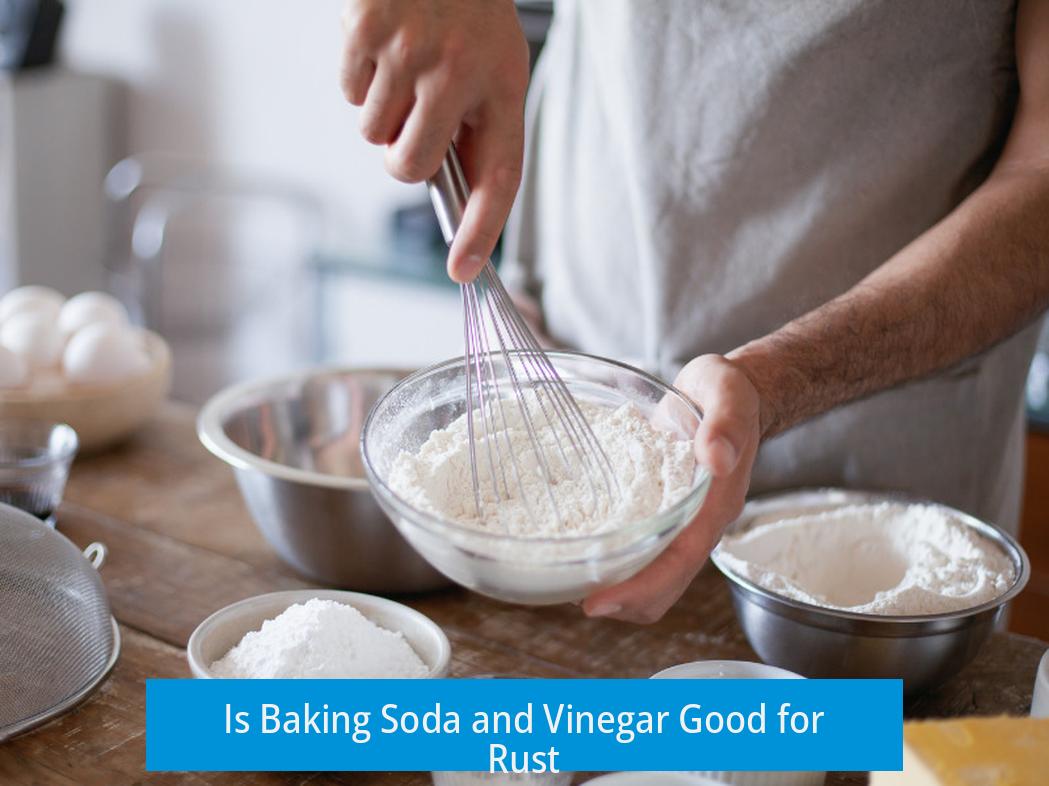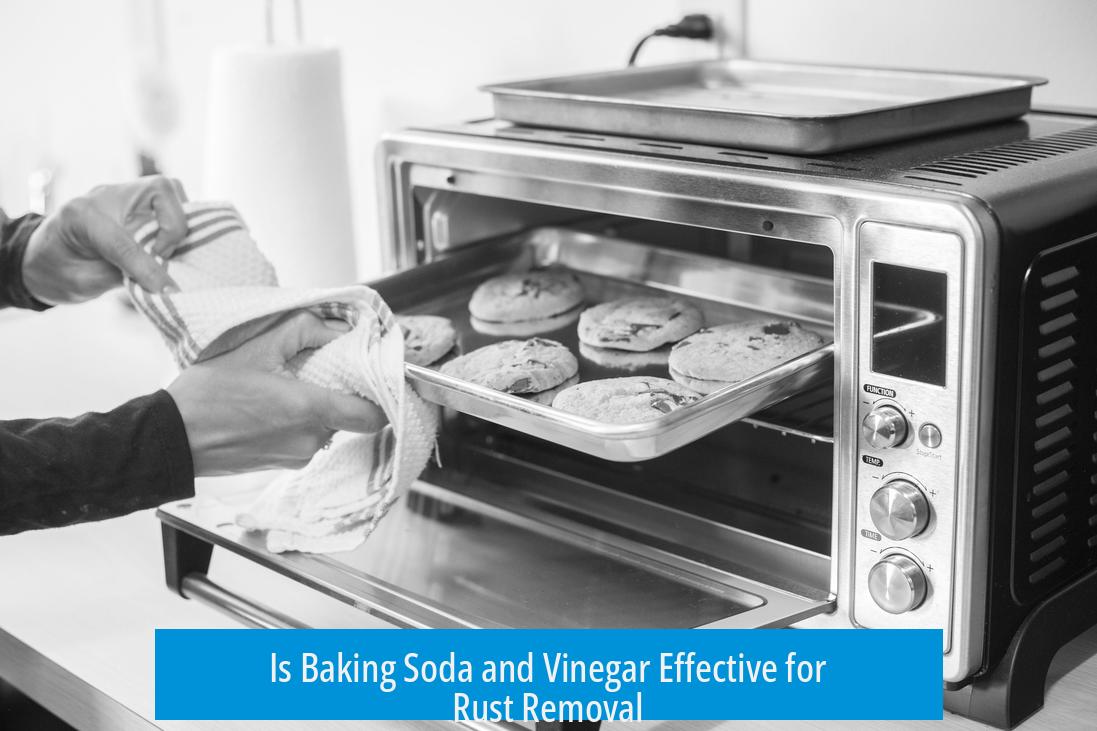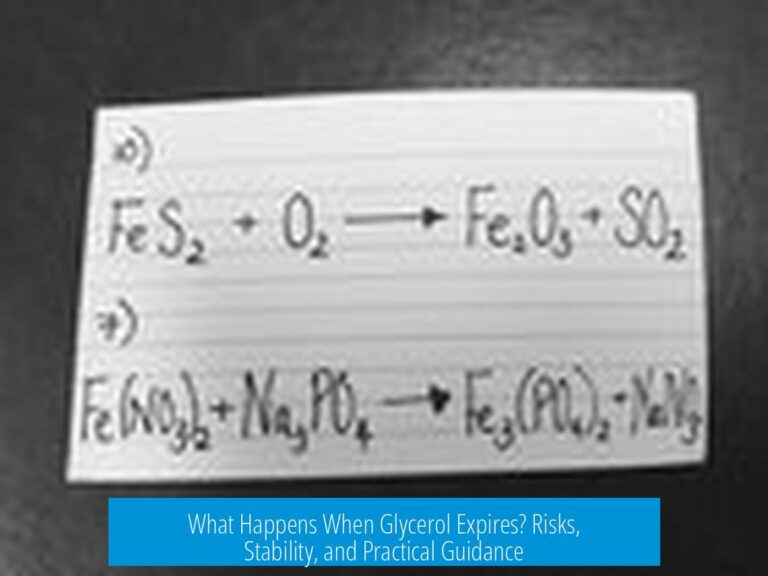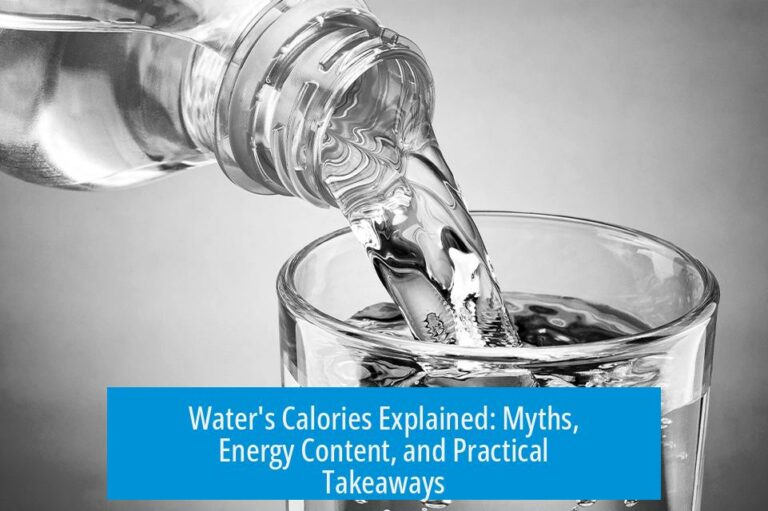Is Baking Soda and Vinegar Good for Rust?

Baking soda and vinegar alone are not highly effective for rust removal together, due to their neutralizing reaction. However, using baking soda or vinegar separately or in sequence can assist rust removal depending on the method applied.
Chemical Interaction Between Baking Soda and Vinegar
Baking soda (a base) and vinegar (an acid) react chemically to form salt and water, a neutralization reaction. This reaction stops the acid or base from acting strongly, limiting their ability to dissolve rust when combined.
Because of this neutralizing effect, a mixture of baking soda and vinegar does not effectively attack rust’s iron oxide compounds.
Baking Soda as a Mild Abrasive
Baking soda alone works as a mild abrasive. Its fine particles can physically remove rust without harsh chemicals. To use:
- Apply baking soda to a wet rusted surface.
- Let it sit a few minutes to loosen rust.
- Scrub gently with steel wool or a brush and water.
This method suits delicate surfaces where strong acids could cause damage, but caution is needed on painted or coated items to avoid scrubbing off finishes.
Vinegar’s Role in Rust Removal
Vinegar, an acid, can dissolve rust effectively on its own. A common practice is to soak rusted objects in vinegar or use a vinegar and salt paste. Salt enhances rust dissolving by forming sodium acetate, aiding iron oxide breakdown.
After vinegar treatment, rinsing followed by a baking soda and water wash neutralizes residual acid, preventing further corrosion or flash rusting.
Combining Treatments for Best Results
- Soak or apply vinegar (possibly with salt) to dissolve rust.
- Rinse and apply baking soda paste to neutralize acid residues.
- Use water or light oil to rinse and protect against new rust forming.
Alternative Rust Removal Methods
For tougher rust, chemical treatments like WD-40 or commercial strong acids may be more effective. These penetrate rust layers deeply and work faster but require handling precautions.
Key Takeaways
- Baking soda and vinegar neutralize each other, reducing rust removal effectiveness when mixed.
- Baking soda is useful as a mild abrasive to scrub rust physically.
- Vinegar dissolves rust chemically; salt enhances this effect.
- Use vinegar first, then baking soda to neutralize remaining acid.
- Stronger commercial products are more effective on heavy rust.
Is mixing baking soda and vinegar an effective way to remove rust?
The reaction between baking soda and vinegar produces salt and water. This neutralization means they do not remove rust effectively when combined.
Can baking soda alone help with rust removal?
Yes, baking soda acts as a mild abrasive. Applying it as a paste on wet rusted metal and scrubbing gently can help remove rust without harsh chemicals.
Should vinegar be used after baking soda when cleaning rust?
Vinegar helps dissolve baking soda residue after scrubbing rust. It makes wiping off the baking soda easier but isn’t mainly for rust removal in this step.
Is it better to use vinegar mixed with salt for rust removal?
Yes, a vinegar and salt paste is more effective at dissolving rust. After applying, use baking soda and water to neutralize the acid and prevent further corrosion.
Are there better alternatives than baking soda and vinegar for rust?
WD-40 or strong acids are often more reliable for rust removal, especially on severe rust or delicate surfaces where baking soda might not suffice.





Leave a Comment